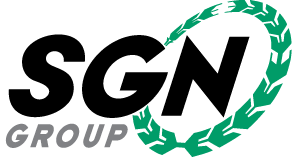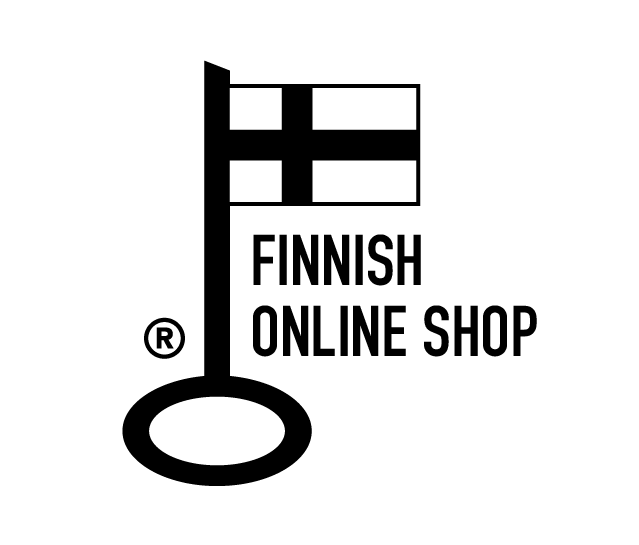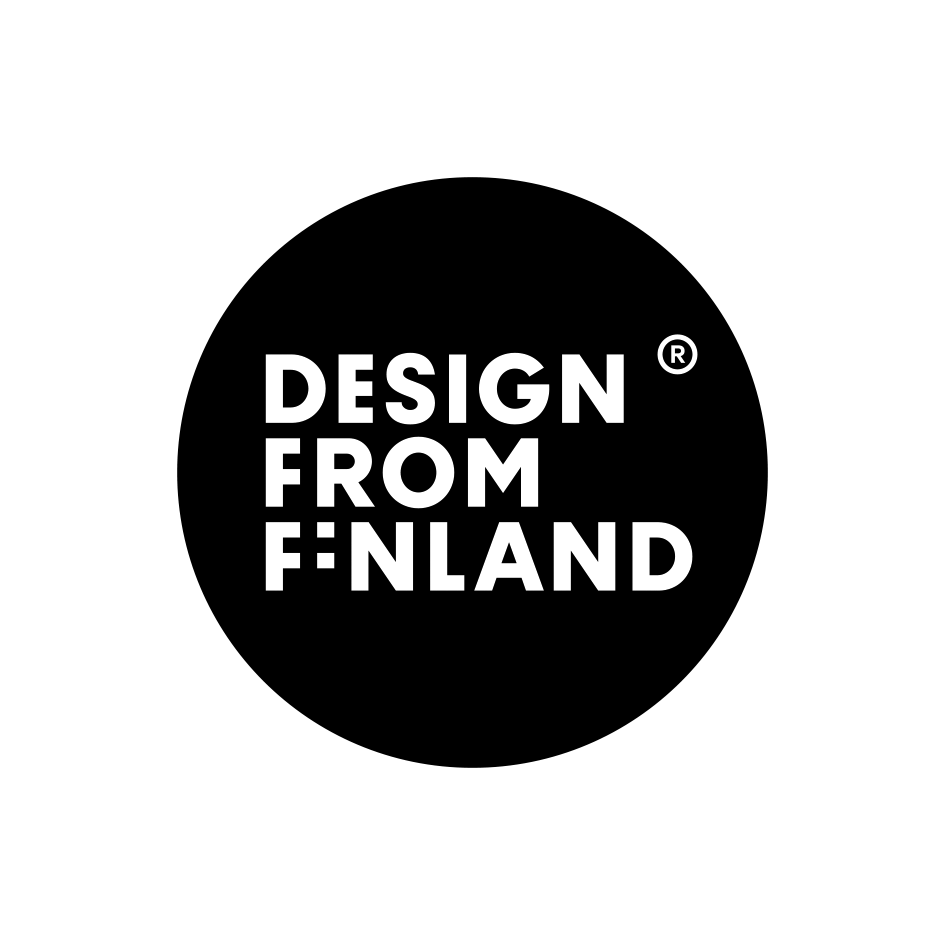

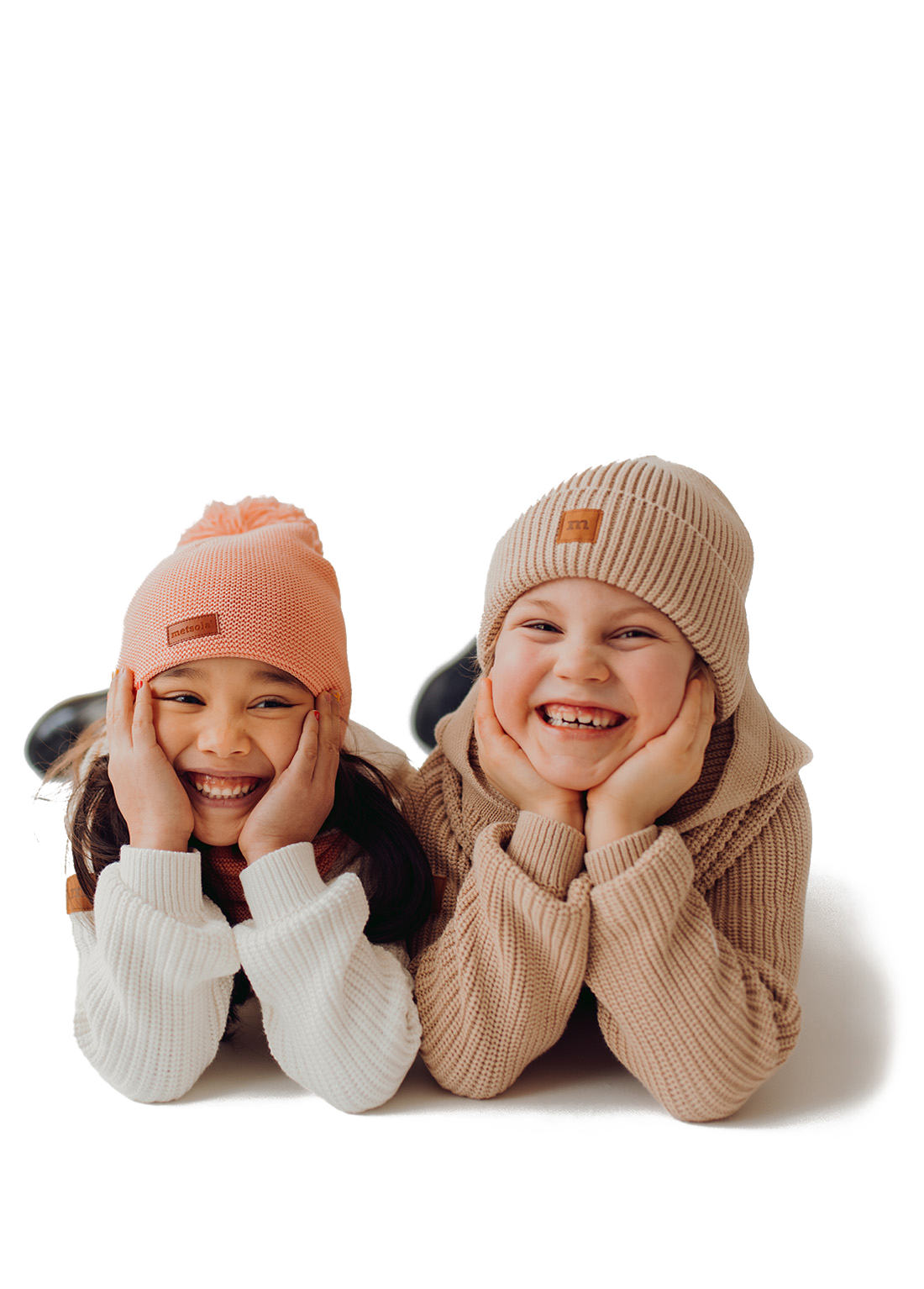
Roots in the North, Eyes on Tomorrow
The story of Metsola began in Oulu in 2007, and our passion for designing durable and beautiful children’s clothing still burns as strongly as ever. Our business has grown rapidly, and currently, Metsola has its own online store, pop-up sales events, and over 40 retailers. Since 2021, we have been part of the Finnish family-owned company SGN Group Oy.
Metsola’s Sustainability Efforts Stem from Our Values
In our everyday operations, we make choices with the future of children in mind. Our values – sustainability, collaboration, and customer orientation – guide everything we do.
The majority of our products are manufactured locally in Estonia, Latvia, Poland, Finland, Portugal, and Turkey.
Small wear and tears can easily be repaired with, for example, Metsola’s Clothing Patch.
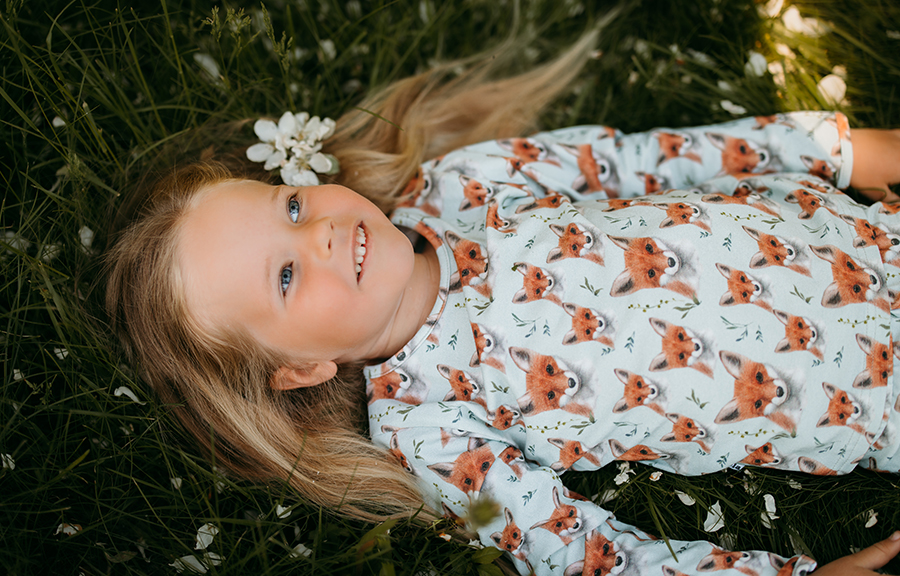
Sustainability Themes Guide Us Forward
Our sustainability work requires continuous development, both now and in the future. Metsola’s values, our Code of Conduct guidelines, international agreements, and voluntary sustainability commitments drive our efforts forward.
We divide our sustainability work into three main focus areas.



Learn more about our sustainability goals.
Learn more about our sustainability goals.

RESPONSIBILITY FOR THE ENVIRONMENT
All textile production has environmental impacts, including our own operations. We strive to reduce our emissions by selecting sustainable and certified materials and encouraging our customers to extend the life of their clothing and recycle. Most of our products are manufactured locally in Estonia, Latvia, Poland, Finland, Turkey, and Portugal. We work with reliable and proven partners with whom we have collaboratively developed environmentally responsible practices.

Our Approach to Circular Economy
The Wash – Repair – Recycle program reflects our commitment to sustainability: The value and quality of a Metsola garment can be passed down from one child to another. We encourage our customers to make thoughtful and sustainable purchases, take care of their clothes, and eventually recycle any unneeded items for new users. Since the longevity of our garments is important to us, we promote garment care and repair. We want to ensure that everyone wearing a Metsola piece makes responsible choices even after the initial purchase.
WASH: Our products come with clear washing and care instructions. By following these, the garments will remain in good condition for children to use across generations.
REPAIR: We encourage customers to repair and take care of their clothes. Small wear and tears can easily be mended with Metsola’s Clothing Patch, for example.
RECYCLE: Recycling helps reduce the carbon footprint of a garment’s lifecycle. Metsola products have a strong resale value, further encouraging recycling. We partner with Ninyes, a platform where used Metsola clothing and home textiles can be sent for resale to new consumers. Through Ninyes, you can sell good-condition children’s and women’s clothing and accessories.

It All Starts with Design
Our Finnish designers are responsible for Metsola’s product development. We always design our clothing with children and their needs in mind. Behind the product development is a collaborative effort by the team, resulting in carefully designed garments that offer both durability and functionality.
An expert pattern maker ensures the proper fit and safe use of our products. The material choices made during the design phase contribute to the long lifespan of the garment and make it easier to recycle.

Materials
Our designers, together with the production manager, are responsible for all material selections. We carefully choose our materials and are constantly working to find new, more sustainable options. The most important criteria for material selection are quality: longevity, reparability, maintainability, and functionality in the product. As we aim to reduce the environmental impact of our material choices, our future goal is to introduce recycled fibers alongside organic cotton. The factories ensure efficient use of fabric to minimize waste. We create campaign products from leftover fabrics or sell them as fabric for customers to use. It is important to us that all produced material is utilized.
Materials Used in 2023
*Percentages calculated based on the number of items produced.
%
of our products are made from certified materials (GOTS or mulesing-free wool).
%
of our materials are ÖKO-TEX certified.
Product Origins and Certifications
The table below presents the countries of origin, production countries, and applicable certifications for Metsola’s materials.
| Product Group/Product | Material |
Country of Raw Material Origin |
Material Certification | Country of Material Weaving | Country of Garment Production | Production Certification |
|---|---|---|---|---|---|---|
|
Patterned clothes and accessories |
Cotton blend knits | India | OEKO-TEX | Poland | Estonia | – |
| Caps and accessories | 100% cotton | India | OEKO-TEX | Poland | Estonia | – |
|
Solid-colored clothes and accessories |
GOTS cotton blend knits | India | GOTS, OEKO-TEX | Latvia | Latvia | OEKO-TEX |
| Cotton knit products | 100% GOTS cotton | Turkey | GOTS, OEKO-TEX | Italy | Finland, Poland | – |
| Cotton knit products | 100% GOTS cotton | Kazakhstan | GOTS, OEKO-TEX | Turkey | Turkey | BSCI |
| Wool knit products | 100% mulesing-free merino wool | Argentina ja Uruguay | OEKO-TEX | Romania | Finland, Poland | – |
| Wool knit products | 100% mulesing-free merino wool |
Argentina/Uruguay /South Africa |
OEKO-TEX | – | Turkey | BSCI |
| Wool blend clothes | 95% mulesing-free merino wool, 5% elastane | China | OEKO-TEX | Latvia | Latvia | OEKO-TEX |
| Viscose products | 100% viscose (Ecovero) | China | Lenzing, Ecovero, OEKO-TEX | China | Estonia | – |
| Velvet products |
92% polyester, 8% elastane |
China | – | China | Estonia | – |
Countries of Material Origin 2023
*Percentages calculated based on the quantities of materials purchased in kilograms.
Countries of Product Manufacturing 2023
*Percentages calculated based on the number of items produced.
%
of our products were manufactured in EU countries.
%
of our products were manufactured in Finland.
%
of our products were manufactured in high-risk countries.
%
of our products were manufactured using certified materials.
We require BSCI membership from suppliers located in high-risk countries.
Our Turkish partner received a B (good) BSCI rating in 2023.
*BSCI-arvosteluasteikko on A, B, C, D ja E, joista A on paras arvosana.
Certifications
Product safety is a top priority for us, especially as we manufacture children’s and baby clothes. 99.5% of Metsola’s products meet at least the OEKO-TEX certification requirements for the EU region. OEKO-TEX is an international safety standard ensuring that products are free from harmful chemical residues, such as pesticides, heavy metals, or formaldehyde. The strictest requirements apply to Class 1 products, which include items for babies and children under the age of 3.
GOTS, or the Global Organic Textile Standard, is an international certification for organic production of natural fibers. It ensures the welfare of both animals and people. All our organic cotton materials are GOTS-certified, and a total of 31% of our materials consist of organic cotton or blends.
Metsola’s Carbon Footprint in 2023
The production of textile materials and clothing always has climate impacts, including our own operations. We wanted to understand the climate effects of our activities, so in the spring of 2024, we calculated our carbon footprint for the first time. A significant portion of our emissions (about 96%) comes from material sourcing, which is typical for clothing manufacturers. Additional emissions were generated from logistics, commuting, and business travel.
Achieving carbon neutrality will require significant effort in the near future. After mapping the impacts of our operations, our goal is to begin systematic work to minimize our carbon footprint. We aim to achieve carbon neutrality for our direct operations by 2035 and for the entire value chain by 2040. Our earlier goal of carbon neutrality by 2025 has been delayed due to organizational changes.
Metsola's total carbon footprint is 415.9 tCO2e.
%
of our emissions were generated from materials.
Scope 1
2,9 tCO2e
Fuel for company-owned vehicles
Scope 2
0 tCO2e**
Electricity, district heating, and cooling for shared premises
Scope 3
413,0 tCO2e**
Materials, procurement, transportation of sales orders, work, and business travel
**The following emission sources were excluded from the calculation:
- SCOPE 2: Electricity, district heating, and cooling for shared premises (only a few rooms in a large building). Our warehouse is outsourced.
- SCOPE 3: Waste, product disposal, and freights (transportation of fabrics and materials to factories and finished products to the warehouse). This data will be included in the next report.
In SGN Group’s upcoming emission calculations, the group’s electricity, district heating, cooling, waste, and packaging materials will be accounted for.
The carbon emissions from online store deliveries were 3.9 tCO2e.
%
of our emissions were generated from transportation.
Transportation
Finished products are delivered from factories by land freight to Tallinn and then shipped across the Gulf of Finland to our logistics center in Vantaa. Our products from Turkey also arrive via truck transport. In Finland, our main logistics partner is Posti, which aims to operate fossil-free by 2030. Schenker and Budbee are also our partners for online store deliveries.
Packaging
It is important that our customers receive clean and undamaged products, which is why products arrive from the factory in plastic bags to protect them during transport and storage. The paper packaging for our S- and L-size online orders is made from FSC-certified paper. These paper packages are compostable, recyclable, and can even be repurposed, for example, in children’s room decor. In 2024, we will switch to using recycled plastic for our medium-sized packaging bags. These recycled plastic, Key Flag-certified bags protect the products, endure transportation, and can be reused for returns.
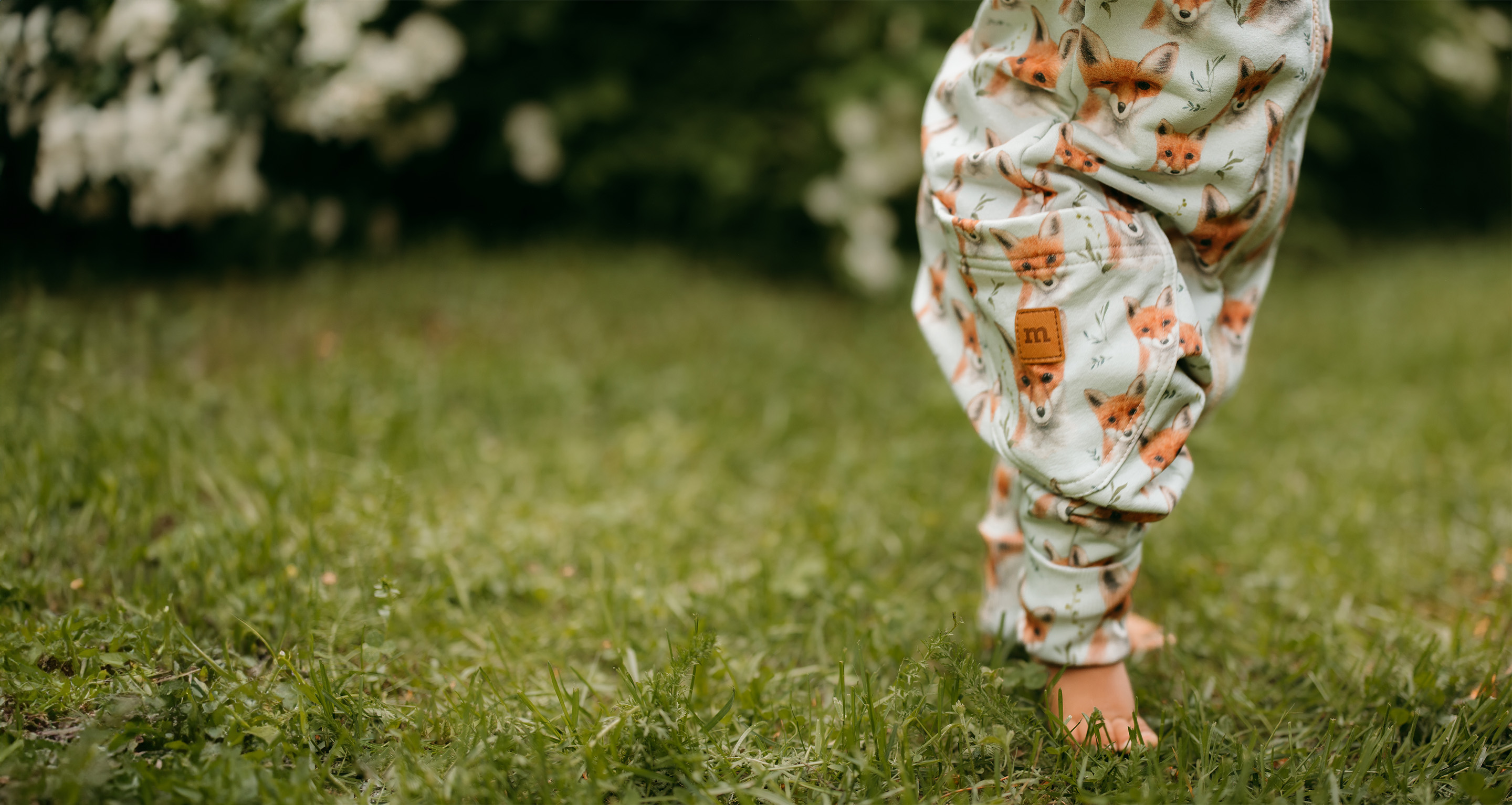
RESPONSIBILITY FOR PEOPLE
Even though we are a small company, we have a role in shaping the future world we live in. Together with our customers, expert partners, and skilled team, we aim to build a more sustainable children’s clothing culture.
In addition to ensuring the well-being of our staff, the ethical conduct of our partners is a core value for us. Therefore, we only work with partners who share the same values.
We Value Our Employees
Our employees are the foundation of Metsola’s existence and growth, which is why responsibility for our staff is a top priority. We believe that fair leadership and equal treatment positively impact the well-being of our work community. We encourage independent action that considers others and reward effective and productive work. Our goal is to continue ensuring that our employees are healthy, engaged, and committed to their work.
100% of our employment contracts were indefinite-term*.
80% of our employment contracts were full-time, and 20% were part-time.
90% of the staff identified as female, and 10% as male.
100% of our employment contracts were indefinite-term*.
80% of our employment contracts were full-time, and 20% were part-time.
90% of the staff identified as female, and 10% as male.
10
full-time employees in 2023*.
*Additionally, we hired temporary employees for events (e.g., pop-ups) during the event periods.
Code of Conduct as the Foundation of Our Operations
Our Code of Conduct ensures responsible practices in our work and with our partners. All of our production partners have signed the Code, committing to follow shared operational principles. These include compliance with laws and human rights, minimizing environmental emissions, respecting trade secrets, and handling customer data confidentially.
Long-term and Two-way Partnerships
In 2023, we worked with seven production partners: one in Finland, three in Estonia, one in Latvia, one in Poland, and one in Turkey. Smooth collaboration with production facilities is essential for us, and we regularly visit our factories to foster long-term partnerships. Our solution-focused visits ensure that our products continue to improve, and our supply chains become more agile and reliable. All our partners operate in compliance with social responsibility, environmental regulations, and legal requirements. We aim to further enhance production processes in collaboration with our partners.
- Estonia 55%
- Latvia 27%
- Poland 11%
- Finland 5%
- Turkey 2%
*Percentages calculated based on the number of items produced.
Countries of Production for Metsola Products in 2023:

Our Retailer Network Connects Us
We value long-term partnerships with Metsola’s retailer network. Currently, we collaborate with around 40 retailer partners. Thanks to the valuable feedback from this network and active customer dialogue, we can produce exactly the clothing that is in real demand. Through our partner Ninyes, our garments can be passed on for reuse when they no longer fit the current user.
We Believe in Integrity and Transparency
While preparing this sustainability report in late 2023, we unexpectedly learned that some of our cotton had only OEKO-TEX certification but not GOTS certification, which ensures organic farming practices. We had always believed that all the cotton we used was organic. This error concerned our patterned cotton products.
We took this issue very seriously and acted immediately to correct the situation. We aimed to communicate transparently and addressed the issue on our website and social media channels. After thoroughly investigating the matter, we learned from this experience. Moving forward, we will pay even closer attention to our entire production and supply chains. We also ensured with our material suppliers that, whenever possible, all Metsola cotton products will be made from organic and/or recycled materials.
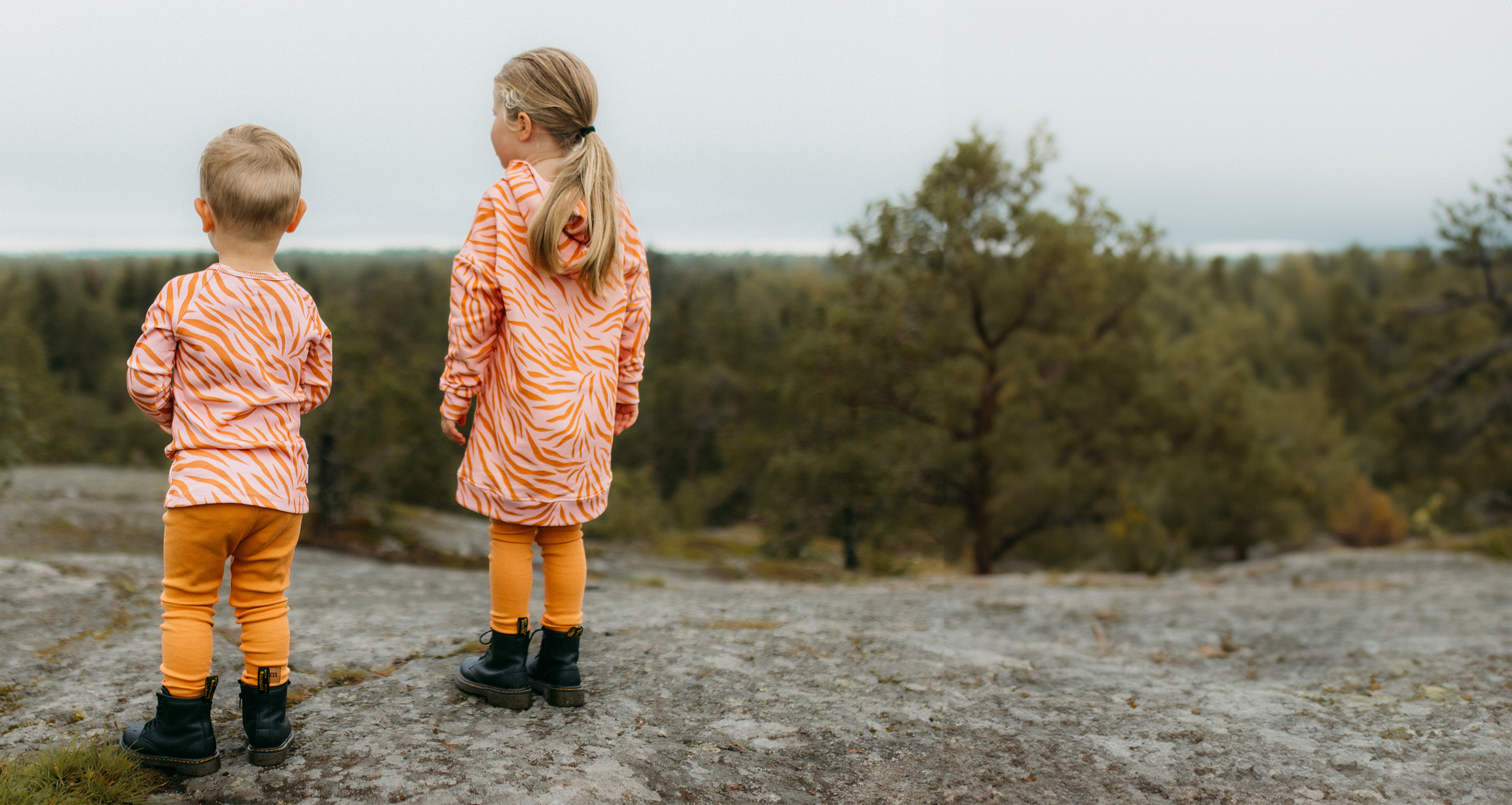
RESPONSIBILITY FOR THE ECONOMY
Metsola is a Finnish company whose stable financial situation enables us to continue developing our sustainability efforts. Without a solid economic foundation, we wouldn’t be able to take on social responsibility or strive to operate in the most environmentally friendly way possible. Despite its small size, Metsola has a positive economic impact on our society, with approximately 80% of the value of a domestically produced garment remaining in Finland.
We are part of the family-owned company SGN Group.
Metsola has been part of the Finnish family-owned company SGN Group since 2021. SGN Group’s guiding principles – customer orientation, operational continuity, and valuing employees – have sustained the company through decades. SGN Group has increasingly emphasized the importance of sustainability, aiming to transform its valuable corporate culture into concrete sustainability actions. For many of the group’s companies, sustainability is already part of daily operations, and there is a strong desire to highlight it even more to both employees and customers.
Metsola's Key Figures for 2023
Revenue
3.4 million €
Profit before taxes:
173 254 €
Average number of employees
10
Metsola was awarded in 2023
Key Flag Award
In 2023, Metsola’s online store was granted the Key Flag (Avainlippu) symbol. The Key Flag is a registered collective mark indicating that the service is produced in Finland and the company employs people in Finland. To qualify for the Key Flag, a company must be Finnish-owned, with its headquarters and management located in Finland. Additionally, the online store’s warehouse and customer service must be based in Finland. This means that, in addition to employing its own staff, the company also indirectly supports local employment through subcontracting. Choosing a Finnish online store thus has a broader positive impact on entrepreneurship and job creation.
Design from Finland
In 2023, Metsola was awarded the Design from Finland label. Metsola’s clothes and accessories are designed in Finland, at the company’s Koivuhaka headquarters. Skilled and careful design ensures that each garment is both long-lasting and functional. The Design from Finland label highlights the professional, responsible, and user-centered design of products and services created in Finland. Companies awarded this label must also communicate transparently about their production chains and the countries where their products are manufactured.

GOALS FOR THE FUTURE
Although our operations have been largely responsible since the founding of Metsola, we have not yet reached the finish line in terms of sustainability. In 2020, we laid the foundation for Metsola’s sustainability work. In 2023, we continued its development by defining clear sustainability goals for our company.
Sustainability, however, requires ongoing development, and in the coming years, we plan to approach it even more systematically and comprehensively. We aim to improve our operations with clear objectives and make them more transparent throughout the entire value chain.
We are committed to supporting the United Nations Sustainable Development Goals, and we have identified three themes where we can make the greatest impact with our work:

8. Decent Work and Economic Growth
We operate as a responsible employer and promote ethical partnerships and practices throughout our value chain. Tools such as our Code of Conduct and certifications help us achieve this. For production partners in high-risk countries, the minimum requirement is compliance with BSCI, SA8000, or SMETA standards.
We monitor the well-being of our staff through various methods, including tracking work energy levels. In 2023, the average score for work energy distribution was 3.95, slightly below our target. Moving forward, our goal is to maintain a score above four, which is considered excellent.

12. Responsible Consumption and Production
Through our Wash-Repair-Recycle program, we encourage consumers to purchase clothing only when needed and to take care of it for as long as possible. At Metsola, it is crucial that our products are long-lasting and of high quality, which is why we strive to always choose the most responsible material option overall.
In the future, we aim to increase the use of recycled materials. Our goal is for 10% of the materials we use to contain recycled fibers by 2030.

13. Climate Action
Going forward, we will regularly calculate and report our carbon footprint. We plan to initiate systematic efforts to reduce our carbon footprint, with the most significant impact coming from extending the lifespan of our products and making smart material choices.
Our goal is to achieve carbon neutrality for our direct operations (Scope 1 & 2) by 2035 and for the entire value chain (Scope 1, 2 & 3) by 2040.

